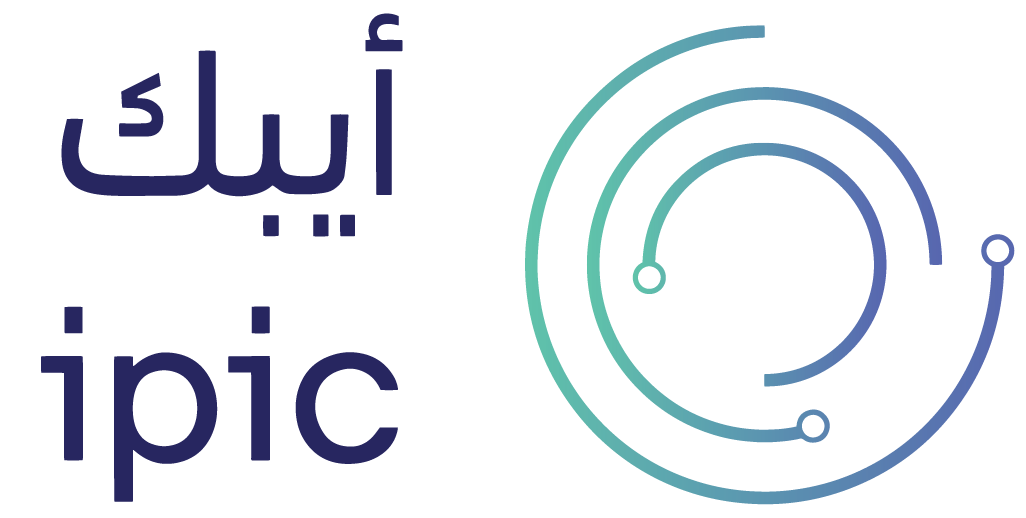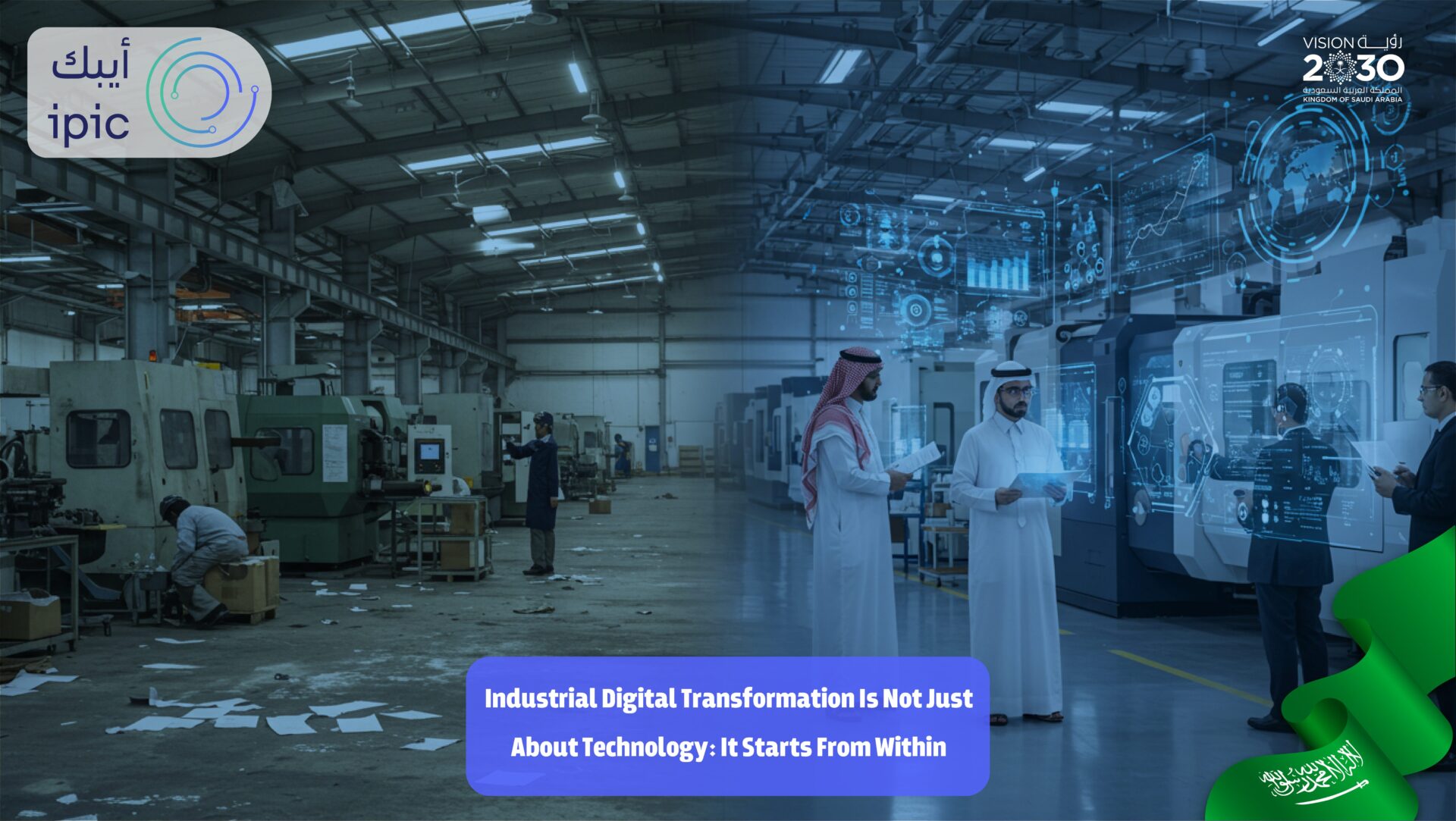Industrial Digital Transformation Starts from Within: Technology Alone Is Not Enough
Introduction
As industries race toward digital transformation and Industry 4.0, many organizations fall into the trap of focusing too heavily on technology purchases while neglecting internal readiness. But can a smart factory run without clear policies, trained teams, and disciplined processes?
The simple answer: No.
1. Digital Transformation Is Not Just About Technology
Transformation doesn’t mean just installing sensors, connecting machines via IIoT, or applying AI to forecast production. It’s a cultural and operational shift that must begin at the organizational roots—not the technological surface.
2. Building a Solid Industrial Foundation
- Standard Operating Procedures (SOPs):
- Document workflows across production, maintenance, quality, inventory, and supply chain.
- SOPs enable consistency, reduce human error, simplify monitoring, and ease integration with MES and ERP systems.
- Business Process Reengineering (BPR):
- Use digital transformation as an opportunity to redesign inefficient workflows—don’t just digitize the chaos.
- Product Lifecycle Management (PLM):
- Unify data across the product’s full life—from concept to phase-out.
- Ensure collaboration between design, manufacturing, quality, and marketing.
3. People Are at the Heart of Transformation
- Skilled and Aware Teams:
- Technology without skilled users becomes a burden.
- Train teams continuously so they understand the “why” and “how” behind the transformation.
- Involve frontline teams in decision-making to boost buy-in and accountability.
- Effective Leadership:
- Leadership must see transformation as a tool for operational excellence—not just a goal in itself.
- Focus on shared vision, clear KPIs, and change management.
4. Technology Is a Tool, Not the Goal
When you have:
- A clear organizational structure
- Documented processes
- Well-trained teams
- A culture of continuous improvement
—then technology becomes an enabler for performance, decision-making, and competitiveness.
This is when tools like:
- MES (Manufacturing Execution Systems)
- ERP (Enterprise Resource Planning)
- Digital Twin
- AI & Predictive Analytics
- Industrial IoT (IIoT)
can be integrated effectively and naturally.
5. Why Organizational Readiness Is the Smartest Investment
While preparing policies, reengineering processes, and training teams costs far less than most digital systems, it provides:
- Sustainable results
- Lower risk of project failure
- Faster ROI once technology is deployed
Conclusion
Digital transformation is not a tech project—it’s a journey that starts from within.
Organizations that prioritize internal readiness and people will integrate technology more effectively and unlock long-term value.
Book a free consultation to discover how you can reengineer your processes, empower your teams, and achieve operational excellence.
IPIC is your trusted partner in industrial digital transformation.



